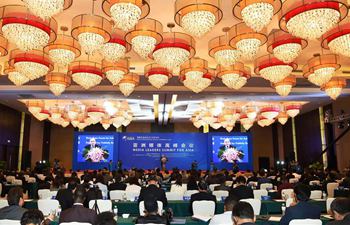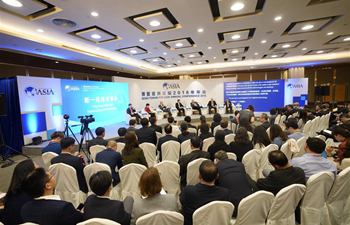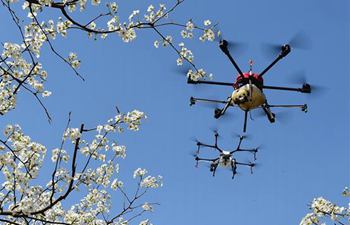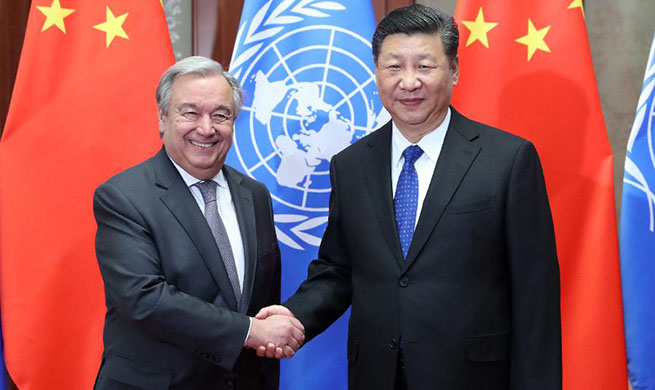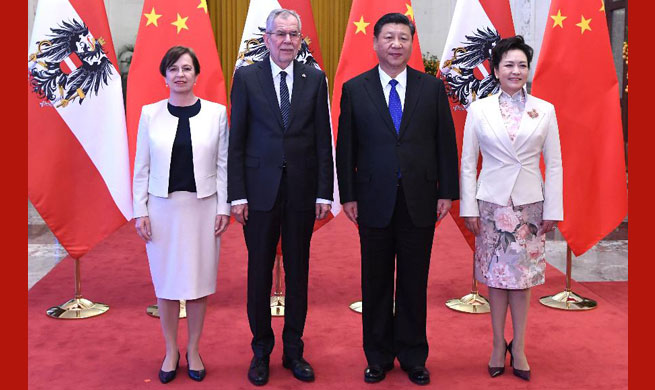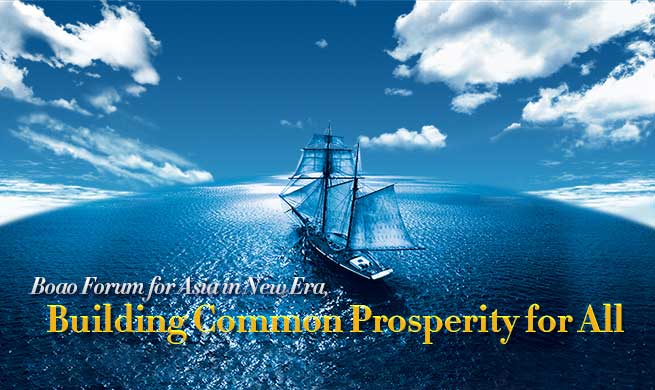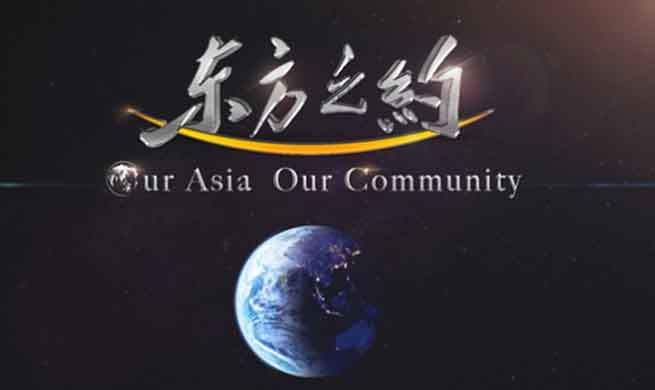UNITED NATIONS, April 9 (Xinhua) -- UN Deputy Secretary-General Amina Mohammed on Monday called for better understanding of population change in the context of urbanization and migration, by generating and using data.
"We live in a demographically diverse and dynamic world. Our populations are linked as never before, through information and communication, trade and mobility. They are also distinct and often changing rapidly," said Mohammed.
"Countries are further apart in their age structures than they have ever been -- some younger, some older, some moving rapidly in between," she told the opening of the 51st session of the Commission on Population and Development, a functional subordinate of the UN Economic and Social Council.
She said there is a need to improve collective understanding of the changing situation. "It is essential that we generate and use data that enables better integration of population change into planning and interventions."
She took as example a project between the Zambian government and the UN Population Fund to generate district-level development indicators in Zambian cities.
Analysis showed that young people are clustering in urban areas, and they face risks related to child, early and forced marriage; adolescent pregnancy; school dropout and unemployment, she said, adding that this information and analysis have been used to inform a national development plan and to mobilize investments in health and education for children and youth.
Mohammed underscored the importance of data in the context of global migration.
"Because gaps in understanding are easily filled by myths and misperceptions, better data can usefully inform global discussions of migration and related issues."
"Our shared human story is a mobile one, including a long history of people migrating in search of a better life -- whether that means better material living conditions, access to quality education, decent jobs, or greater protection of personal freedom," she said.
Yet migration is often ill perceived and there are deep concerns in the world today that have seen the emergence of polarizing debates around migration, an increase in xenophobic rhetoric and, at times, ill-thought-out policies borne more of fear than facts, she said.







